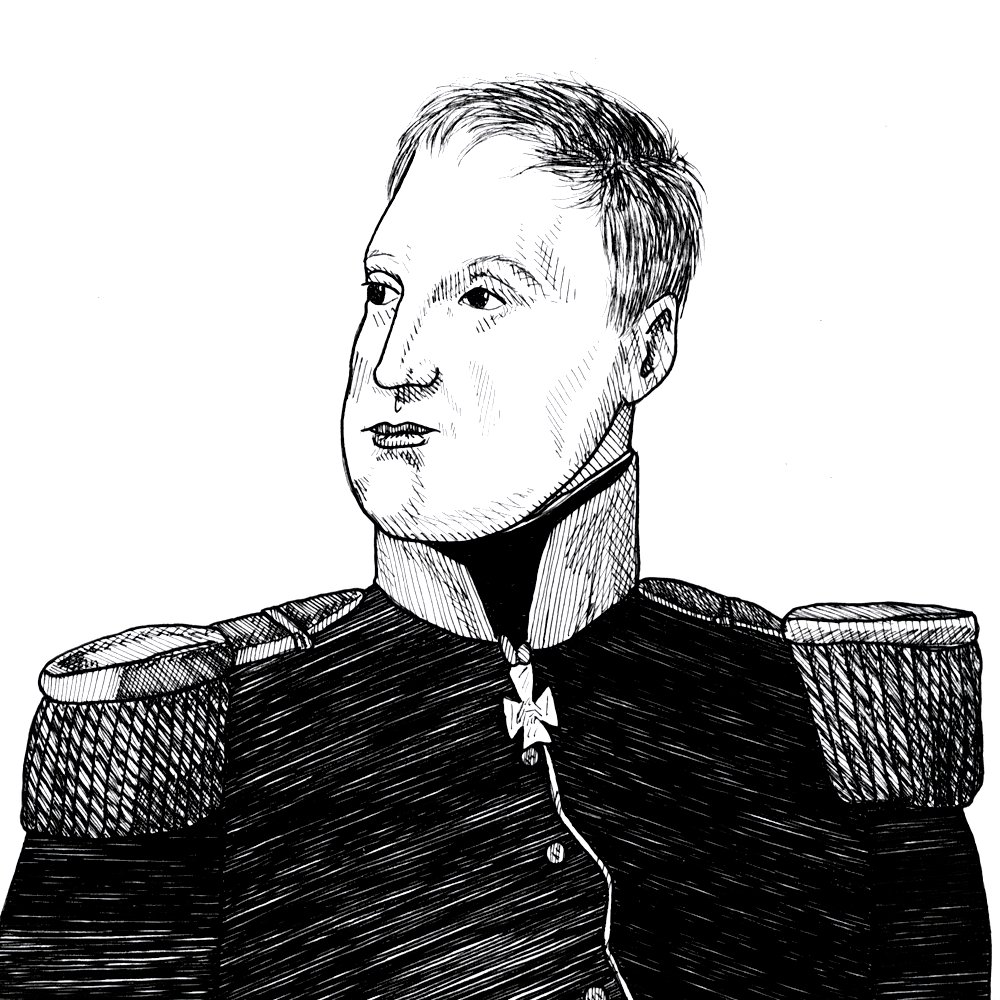
Liberty in the French Declaration of the Rights of Man and of the Citizen (1789)
Found in: The Declaration of the Rights of Man and of Citizens
The French Declaration of the Rights of Man and of the Citizen was promulgated in August 1789 and Gilbert du Motier, Marquis de La Fayette drew heavily upon the American precedents of the Virginia Declaration (May 1776) and the Declaration of Independence (4 July 1776). We quote here the first few articles:
Liberty
Article I - Men are born and remain free and equal in rights. Social distinctions can be founded only on the common utility.
Article II - The goal of any political association is the conservation of the natural and imprescriptible [i.e., inviolable] rights of man. These rights are liberty, property, safety and resistance against oppression.
Article III - The principle of any sovereignty resides essentially in the Nation. No body, no individual can exert authority which does not emanate expressly from it.
Article IV - Liberty consists of doing anything which does not harm others: thus, the exercise of the natural rights of each man has only those borders which assure other members of the society the enjoyment of these same rights. These borders can be determined only by the law.